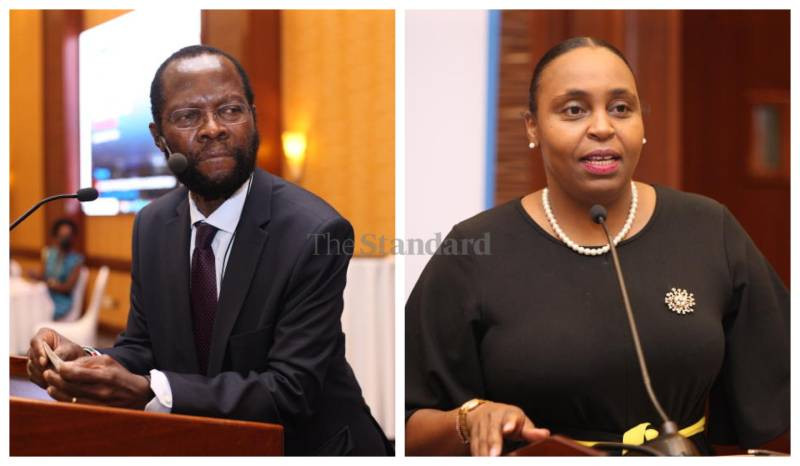
"I already realised the problem was not just one of disagreement between political leaders over an election result: the countrywide violence meant the problem was more fundamental, arising from the makeup of the Kenyan political system and its relationship with society. We needed a process that would address the root causes of Kenya's problems, otherwise any agreement would constitute nothing more than a delay before the next violent crisis...Our mediation needed to be the beginning of a true process of political reform." - Kofi Anan, former Secretary General, UNO.
Following the violence that took an ethnic form after the controversial outcome of the December 2007 presidential election, Kofi Anan, the mediator among the conflicting parties, in his pursuit for a peaceful settlement, made the above point emphasising the key political problem in Kenya: That of creating a nation out of diverse tribes.